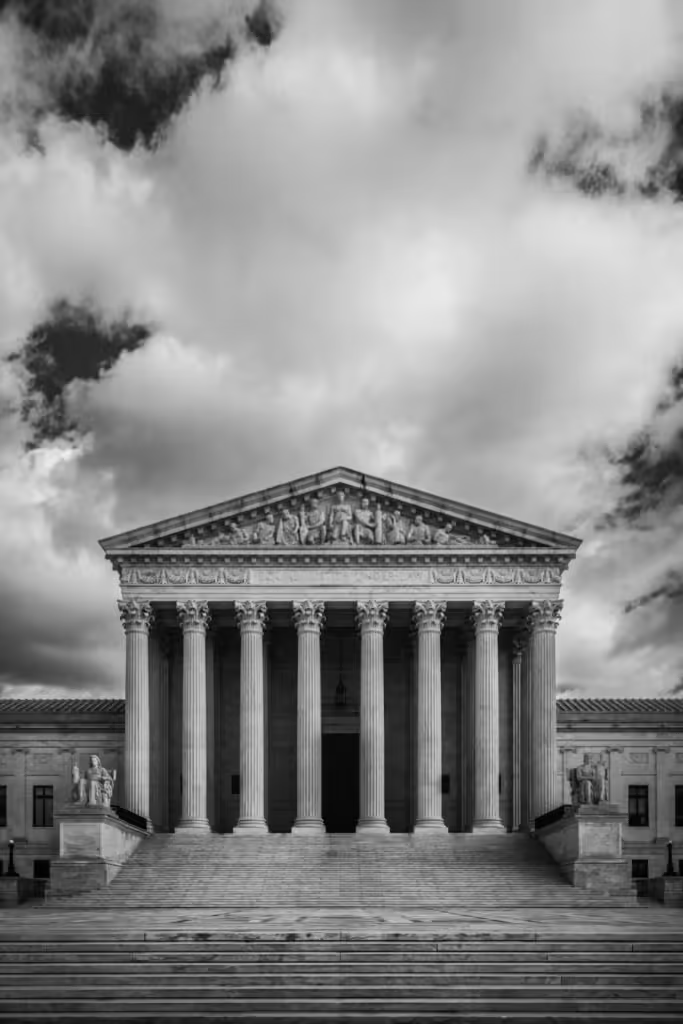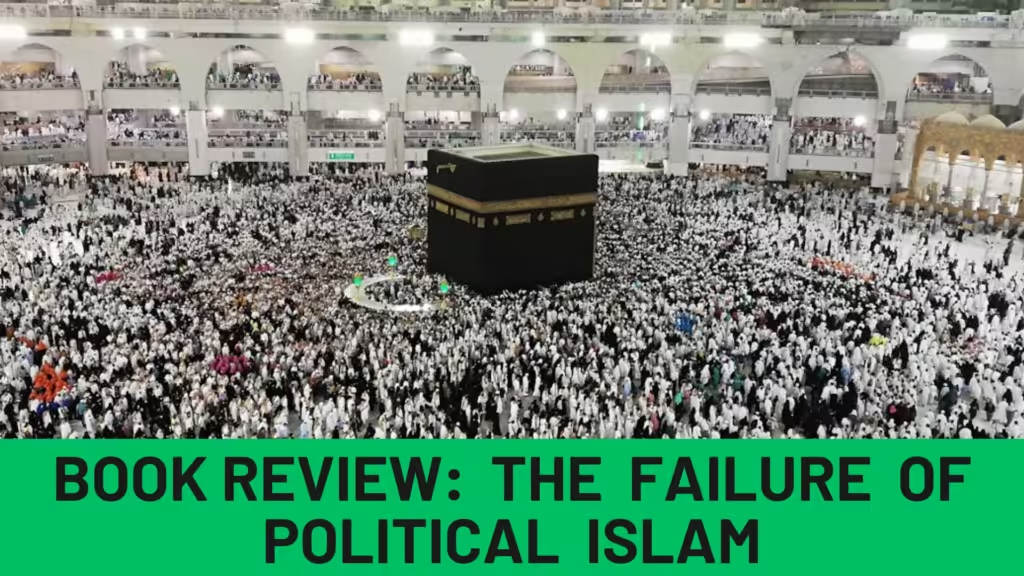Judicial Review is a doctrine that believes that the Constitution of a country confers a set of powers to the Judiciary. These powers, in effect, overlap with that of the Executive and/or the legislature. It is a feature that is found in many democracies such as India, the United States, Australia, Canada, European Union, Denmark, South Africa etc. In India, some, though not all, of the powers that come under the Judicial Review and are exercised by the Supreme Court and High Courts are mentioned in the Constitution. The other that are not mentioned come from a general misunderstanding of the doctrine. In other countries, such as Australia, it is codified in the Administrative Decisions (Judicial Review) Act 1977.
Under the doctrine of Judicial Review, the Judicial authorities can declare a law, an act or an administrative action as void for not complying with the constitution or superseding law. It is thus seen as an important feature of the Principle of Checks and Balances. The underpinning of the doctrine is a belief that neither the Parliament (Law-making body) nor the executive is supreme. The purpose of Judicial Review is to demarcate the powers of the Legislative and the Executive Branches of the State.
Judicial Review in India
In India, the Judicial Review pertains to the powers of the Supreme Court and the High Courts can be classified into the following:
- Constitutional Amendments – a power granted to the higher courts by the doctrine of the Basic Structure of the Constitution. If a constitutional amendment is deemed to violate the Basic Structure of the Constitution, the law can
- Union, State and Local Legislations – The Supreme Court and High Courts can declare legislation passed by the Parliament, State Legislature or any Local Body as unconstitutional (ultra vires). This power is generally used by the courts only when the said law is violative of the Fundamental Rights or any other Constitutional Provisions.
- Administrative Actions – Administrative Actions of both the Central and State Governments can be stopped if they violate any provision of the constitution.
Of the above three, the power to review the Constitutional Amendments has been the most interesting and contentious at the same time. The power is not derived from any constitutional provision but a doctrine which is unique to India. Under this power, the Supreme Court can invalidate any constitutional amendment if it violates the Basic Structure of the Constitution.

Moreover, the Basic Structure remains uncodified and what constitutes it has been under debate since its very inception. The Supreme Court has, time and again, updated what constitutes the Basic Structure and what does not. The power of the Supreme Court and High Courts to exercise Judicial Review is also a part of the Basic Structure, as ruled by the top court in Minerva Mills case (1980).
Secondly, power concerning Union, State and Local Legislation is granted to the Judiciary by the Constitution itself. For instance, Article 13 of the Constitution of India says that all laws that go against the Fundamental Rights are void.
In the third case, regarding Judicial Review over Administrative Actions, both the statutory and non-statutory administrative actions come under its purview. In both cases, if the action violates the constitution, articles 14, 19, 29, 30, 301 etc come into play. As per Justice Syed Shah Mohammed Quadri, the three cases in which the courts can exercise judicial review of administrative actions are:
- Illegality
- Irrationality
- Procedural impropriety
One of the first cases in the Supreme Court that saw the top court exercise its powers of Judicial Review was the State of Madras v. Champakam Dorairajan (commonly known as the Champakam Dorairajan case). The top court upheld Champakam Dorairajan’s petition and annulled the reservation of backward castes introduced by the State Government of Madras. The ruling led the Union Government to amend the Constitution to introduce the Ninth Schedule that allowed the Union and State governments to make special provisions that cannot be challenged in the courts.
As a result of the robust judicial practices including Judicial Review, the Supreme Court of India is considered the ‘Strongest Court in the World’.

Importance of Judicial Review
Judicial Review has become a mainstay of many well-functioning democracies. It has had a major role in preventing the executive from overstretching its powers or prom legislatures in exercising the tyranny of the majority.
- In India, Judicial Review has prevented many illegal and irrational policies and legislations from coming into effect.
- It has, over the years, ensured that the Constitution and its spirit are not violated by any legislative or administrative action.
- The process of Judicial review assures that the Constitution prevails over everything else.
- Judicial Review also becomes important because it is the only way in which the courts can ensure the Fundamental Rights of the Citizens are adhered to by the State.
- In the decisions taken under Judicial Review, the courts are concerned only with the competence and process of the administrative or legislative body and not with the merits of the law or administrative action.
- Judicial Review maintains equilibrium between three branches of the State: Legislative, Executive and Judiciary.
Criticisms of Judicial Review
The following are the criticisms of Judicial Review
- Only Applicable to Public Law and not Private Law – The power of Judicial Review is limited only to public law. However, the line between public and private law can be blurry and complicated at times. For instance, contracts awarded to private individuals or companies by public entity falls within public law but the terms of the contract, rates etc fall under private law. Thus, a lot of grey areas remain.
- Ninth Schedule– The Ninth Schedule was created by the First Constitutional Amendment (1951). The schedule has been criticised for breaching, among other things, the Right to Equality which is guaranteed as a Fundamental Right in Article 14.
- Judicial Overreach– One of the most prominent criticisms of Judicial Review is that it Infringes upon the prerogatives of the Legislature and the Executive, thus undermining their authority and the principle of separation of powers. The judiciary can also take suo moto cognizance of a matter and rule according to its interpretations. It can also pronounce its rulings on policy matters.
- Lack of Accountability of the Judiciary– Another major criticism of Judicial Review is that as public servants, the judges of the court lack the popular mandate and by extension, public accountability. Thus, the judiciary infringes upon the rights of the executive and the legislature who enjoy popular mandate and the general will.
- Limited Expertise– Not all judgments under judicial review are related to constitutional law. The Supreme Court has in the past ruled on issues on which, it can be assumed, they have little expertise or understanding of issues with the enforcement of their orders. For example, in the case of banning the sale of liquor within 500 meters of a national or state highway, the people came up with innovative solutions to have their main gate shifted to the rear side to avoid fines and closures.
Ninth Schedule
The Ninth Schedule is one of the most controversial parts of the Indian Constitution. It consists of laws that violate one or more Fundamental Rights but are immune from judicial review for being progressive and for the upliftment of backward classes. These laws cannot be challenged before the courts for violating their fundamental rights. The reason why this schedule deserves its section in this article is because of the scope of its criticism
- Violates Fundamental Rights- The main criticism of the schedule is that it violates Fundamental Rights which are otherwise considered as sacrosanct. The right which is violated the most is the Right to Equality (Article 14)
- Lack of Criteria- Article 31B provides no criteria a law must satisfy to be eligible to be included in the Ninth Schedule. However, the Supreme Court, in the I.R. Coelho case (2007), has observed that there cannot be a blanket ban on judicial review of the ninth schedule.
- Arbitrary Legislative Power- The power that the Parliament holds to insert any law in the ninth schedule is unchecked and goes against the Basic Structure of the Constitution, which includes Judicial Review
Conclusion
It has been said that a Constitution is a living law and not a fossil. The doctrine of Judicial Review gives life to a constitution and interprets it according to the times, without which the Constitution will become mere words. It is because of Judicial Review that the Supreme Court jealously guards the Fundamental Rights of India’s citizens. It is one of the features that determine the health of the constitution. Although it is derived from the tradition of legal constitutionalism, it has far surpassed it. The developments in several decades of judicial processes have made Judicial Review a permanent feature albeit an unwritten one.




